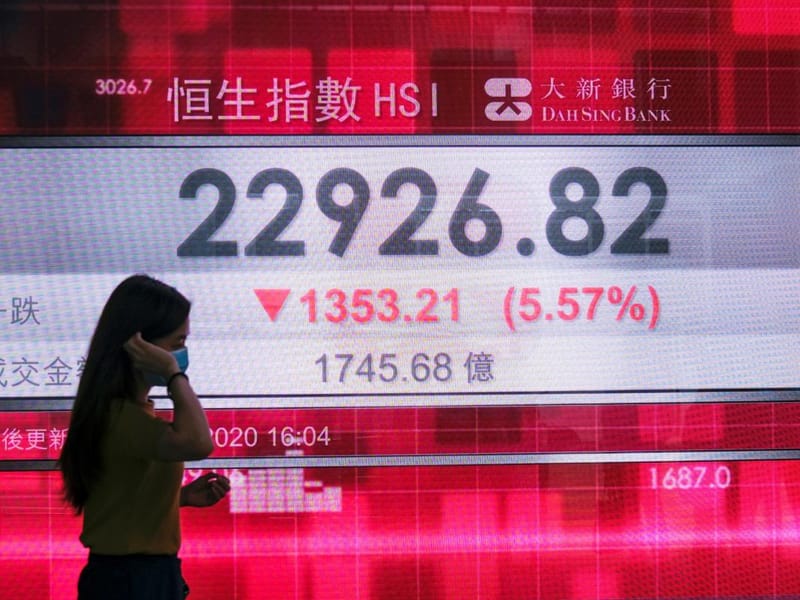
Shannon's excerpt from the article: "Al Jazeera [excerpt]: Like many Hong Kongers, accountant Edelweiss Lam spent the last week watching the city’s #stockmarket wipe out 14 months of gains as the #HangSeng Index fell below the psychological threshold of 15,000 points.
It was not the first time Lam, who has been #investing on and off in #HongKong #stocks since the late 1990s, had seen it happen.
The index dropped below 15,000 points during SARS in 2003, the Global Financial Crisis in 2008, and zero-COVID lockdowns in 2022.
But while ebbs and flows are part of the #investment game, Lam said watching the key measure of Hong Kong’s stock market tumble 'back to square one' felt different this time.
'It seems I cannot see the #future,' Lam told Al Jazeera by phone from #HongKong.
The reason, Lam said, is #China.
As Beijing increases its control over all aspects of life in Hong Kong, including the #economy, and gloom persists about the state of China’s post-pandemic recovery, #investors have been voting with their #money and looking to other markets.
More than a quarter-century after Hong Kong’s return to China, the Hang Seng is more or less back to where it was during its final days as a British colony.
On Friday, the index hovered below 16,100 points – lower than it was on July 1, 1997, the day of the handover.
Over the same period, stocks in the United States, Japan and other popular markets have flourished.
Investors in the SP500, the most popular measure of the performance of the US market, have seen their money grow nearly 10-fold since 1997.
'If there’s any new announcement from the Chinese government about regulations or the control of some industry, then the market can fluctuate very seriously,' said Lam, whose investment portfolio includes blue chip stocks, fixed-term deposits and property.
'The relationship between Hong Kong and China is closer and closer, the control is tighter, so we cannot ignore what they are doing in China.'”
#news #business

